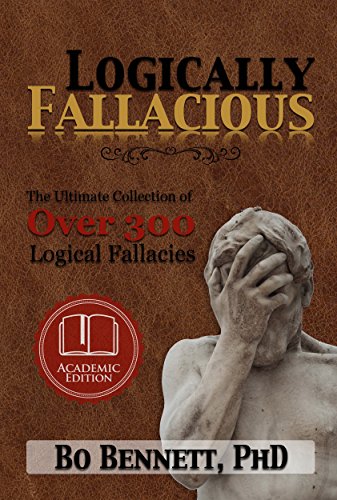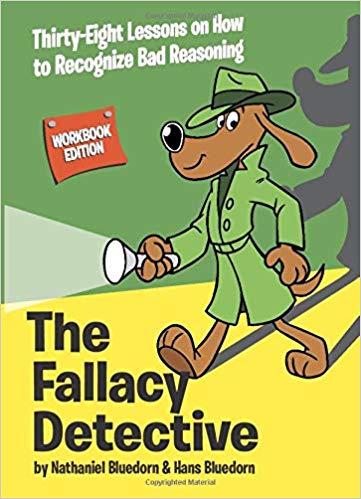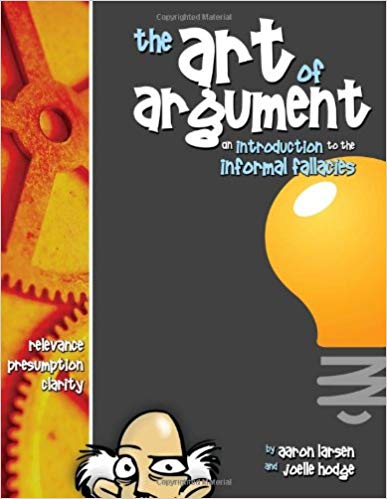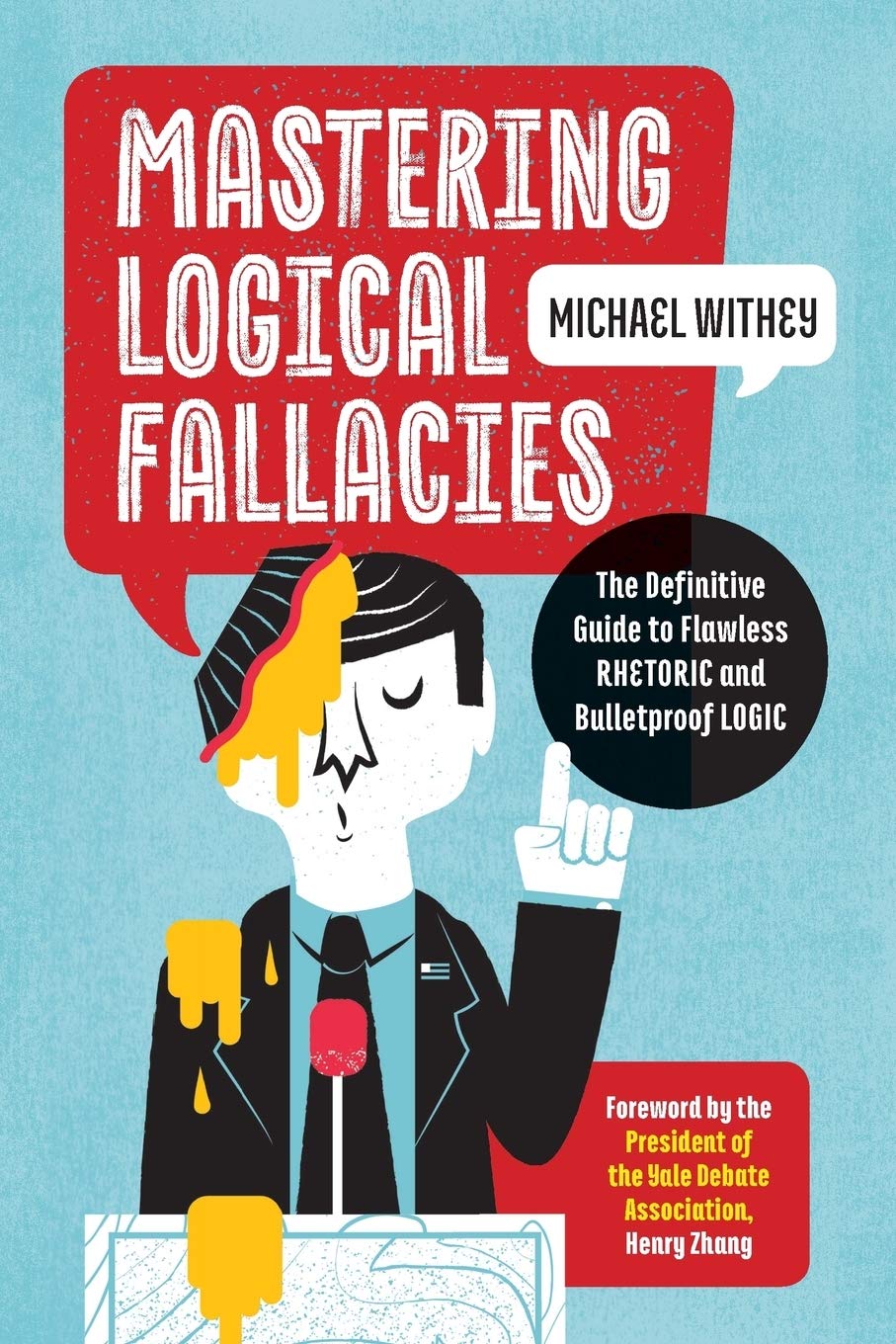What Is A Logical Fallacy?
In the realm of argumentation, the strength of one's reasoning is crucial for persuading others and forming robust conclusions. Logical fallacies, which often undermine the validity of arguments, are errors in reasoning that weaken the logic of an argument. Although they may be persuasive to some, fallacies are deceptive and can mislead listeners or readers. Recognizing these fallacies is essential for critical thinking and effective communication.
A logical fallacy is a flaw in reasoning that renders an argument invalid, unsound, or weak. These errors can be intentional or unintentional, and they often appear convincing to the untrained eye. Understanding logical fallacies involves examining the form and content of arguments to identify any illogical reasoning patterns that could lead to false conclusions, despite potentially true premises.
Types of Logical Fallacies
Logical fallacies are broadly categorized into formal and informal fallacies:
Formal Fallacies
Formal fallacies occur when there is an error in the logical structure of the argument itself, making the conclusion invalid irrespective of the content. These are often easier to identify because they involve clear logical errors. Examples include:
- Affirming the Consequent: This fallacy is found in conditional statements and involves assuming a reversed conditional statement is true. For example, "If it rains, the ground is wet. The ground is wet, therefore it rained." However, other factors could have wet the ground.
- Denying the Antecedent: Similar to affirming the consequent, this fallacy involves denying the initial part of a conditional statement and concluding that the consequence cannot occur. For example, "If it is an oak tree, it has leaves. It is not an oak tree, therefore it does not have leaves," ignoring other types of trees that also have leaves.
Informal Fallacies
Informal fallacies are more common and occur when the content of the argument contains errors in reasoning. These are not always easy to spot and often involve emotional appeals, distractions, or irrelevant information. Some common types include:
- Ad Hominem: Attacking the character of the person making an argument rather than the argument itself. For example, dismissing someone's argument about climate change because they are not a scientist.
- Straw Man: Misrepresenting someone’s argument to make it easier to attack or refute. For instance, saying that someone who supports wildlife conservation "cares more about fish and birds than people."
- Appeal to Ignorance: Claiming something is true simply because it hasn't been proven false, or vice versa. This fallacy often appears in discussions about the existence of paranormal phenomena or complex scientific theories.
- False Dilemma: Presenting two options as if they are the only possibilities, when in fact other possibilities exist. For example, "You’re either with us or against us."
Why Logical Fallacies Matter
Understanding logical fallacies is essential for critical thinking. Logical fallacies can undermine the validity of an argument, leading to false or misleading conclusions. They are often used in debates, politics, advertising, and everyday discussions to persuade others without providing sound reasoning.
By recognizing these fallacies, individuals can better evaluate the arguments presented to them, avoid being misled, and construct more robust arguments themselves. In a world where misinformation is prevalent, the ability to spot and avoid logical fallacies is a vital skill.
Recognizing and Avoiding Logical Fallacies
Recognizing logical fallacies in everyday argumentation is a critical skill. It involves:
- Listening Carefully: Pay attention to the structure of arguments and the relevance of all claims and evidence.
- Analyzing the Argument: Determine whether the conclusion logically follows from the premises. Check for overgeneralizations, irrelevant appeals, and attacks.
- Asking Questions: Clarify unclear points and challenge questionable assumptions or connections between ideas.
- Be aware of your biases: Recognize your own biases and how they might influence your reasoning. Strive for objectivity.
- Focus on evidence: Base your arguments on solid evidence and logical reasoning rather than emotion or assumptions.
- Question assumptions: Don't take assumptions for granted. Question them and seek to validate or refute them with evidence.
Logical fallacies can undermine the credibility of arguments and lead to poor decision-making and reasoning. By understanding and being able to identify these fallacies, individuals enhance their ability to engage critically with the content they encounter in discussions, debates, and written texts. Awareness and avoidance of fallacies are not just academic exercises; they are essential skills that foster clearer thinking and more persuasive communication in everyday life.

Books About Logical Fallacies
A few books to help you get a real handle on logical fallacies.




